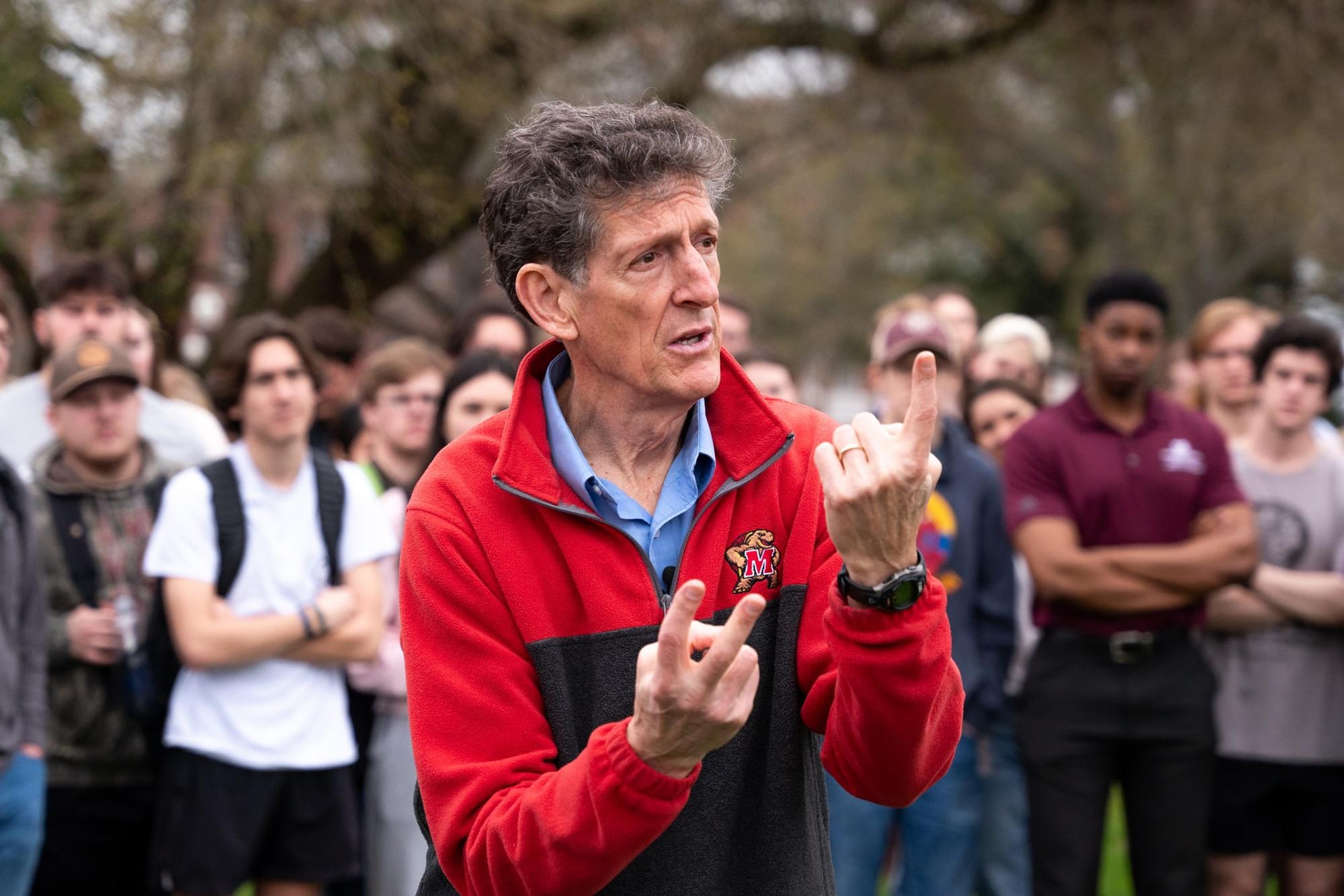Living Truth Out Loud
Learn how to share God’s truth with grace and clarity in a noisy world. Discover seven ways to communicate faith authentically in today’s culture.

When Wisdom Feels Silenced by Noise
We live in an age where words travel faster than wisdom. Opinions echo louder than truth. In a world reshaped by pandemic years, politics, and endless scrolling, sharing the heart of God can feel almost impossible. How do we speak of something eternal in a culture obsessed with the immediate?
Yet, the call remains unchanged. God’s people are still invited to make His heart known; to speak His truth in ways that people can hear, feel, and live. Theology, our understanding of who God is and what He’s doing, was never meant to be kept on a dusty shelf. It’s meant to breathe through us, shaping our words, our art, and our everyday interactions.
True theology has feet. It shows up in our tone, our tenderness, and our truth-telling.
“Let your speech always be gracious, seasoned with salt, so that you may know how you ought to answer each person.” — Colossians 4:6 (ESV)
Speak Human Before You Speak Theological
Before Jesus ever preached the Sermon on the Mount, He sat at tables, listened to stories, and met people in their pain. He spoke in parables, stories that touched the the human heart before lifting eyes toward Heaven.
People today don’t always want another sermon. They want to know someone understands them. In 2025, when hearts are weary and attention spans are short (thanks TikTok), connection often precedes conviction. Start with empathy. Listen before you lecture. Share from your story, your doubts, your lessons, your encounters with grace. When you do, truth lands softly and stays longer.
As Paul wrote,
“We were gentle among you, like a nursing mother taking care of her own children” (1 Thessalonians 2:7).
People are more likely to hear theology when they first feel seen.
Translate, Don’t Dilute
The Gospel doesn’t need lipstick—it needs clarity. Jesus doesn’t have to be trendy to be true. Sometimes we think we’re helping when we water down the message, but what the world really needs is translation, not dilution.
Ancient words like atonement, redemption, and sanctification still hold power. They just need bridges into today’s language:
- Grace — getting what you don’t deserve, and it changes everything.
- Redemption — God buying back what was broken.
- Incarnation — God showing up in our skin.
Our role isn’t to rewrite God’s truth, but to reveal it clearly. When you translate His truth into daily language, when theology becomes tangible, people see that faith isn’t outdated. It’s alive.
Let Word and Image Walk Together
We live in a visual age. Kids learn through screens. Adults scroll through snapshots of joy, pain, and longing. In such a culture, words alone often fall short. But when truth meets beauty something powerful happens.
Jesus painted pictures with His words: seeds falling on soil, lamps under baskets, lost sheep found. We can do the same through photography, music, art, or storytelling. A single image of grace (a hand reaching out, a light breaking through darkness) can speak volumes where a sermon might fall silent.
Don’t be afraid to let creativity preach. God is the ultimate Artist, and He still uses color, sound, and story to reveal Himself. In an era where digital rules, create something unique.

Embrace Questions Like Jesus Did
When people asked Jesus questions, He didn’t shut them down; He often answered with more questions that stirred reflection. People aren’t afraid of faith, they’re afraid of being dismissed. That's why campus ministries that aren't afraid to speak truth are attracting record numbers.
It’s okay to admit, “I don’t have it all figured out.” That kind of humility makes space for God’s mystery. It invites conversation instead of closing it. Faith that wrestles can often grow deeper than faith that never doubts. This is a struggle I've dealt with all my life. I have the misunderstanding that I need to know it all before I go out and share the Gospel.
Let’s be people who welcome honest seekers. Their journey toward Jesus doesn’t have to look identical to ours. Our task is to create open spaces where questions are safe and where truth is spoken with gentleness (1 Peter 3:15).
Choose Formation Over Performance
It’s easy to turn ministry or theology into performance; polished words, clever posts, and flawless delivery. But God isn’t impressed by our platforms. He's got billions of followers!
Theology is meant to form us, not just inform others. Every truth we teach should make us more loving, more humble, and more like Jesus. When our goal shifts away from proving or simply numbers, we’ll find that sharing the Gospel isn’t a burden, it’s a joy.
Remember what Paul wrote:
“Knowledge puffs up, but love builds up” (1 Corinthians 8:1).
Real theology always builds. It builds bridges, communities, and hearts that reflect Christ.
Putting It All Together
We can’t control the world’s noise, but we can control our tone. We can’t rewrite culture, but we can rewrite how we respond to it. Each conversation, each post, each act of love becomes a small sermon about who God is.
Communicating theology in 2025 isn’t about winning debates. It’s about showing people that truth still has a place, that grace still has hands, and that the Gospel still speaks their language.
A Prayer for This Generation of Communicators
Lord, teach me to speak of You in ways that bring life. Let my words reflect Your kindness and truth. Help me translate timeless wisdom into language that today’s world can understand. May my presence, both in person and online, carry the fragrance of Christ. Let my theology walk, not just talk. And when the world grows loud, remind me that Your still, small voice is enough. In Jesus’ name, Amen.




